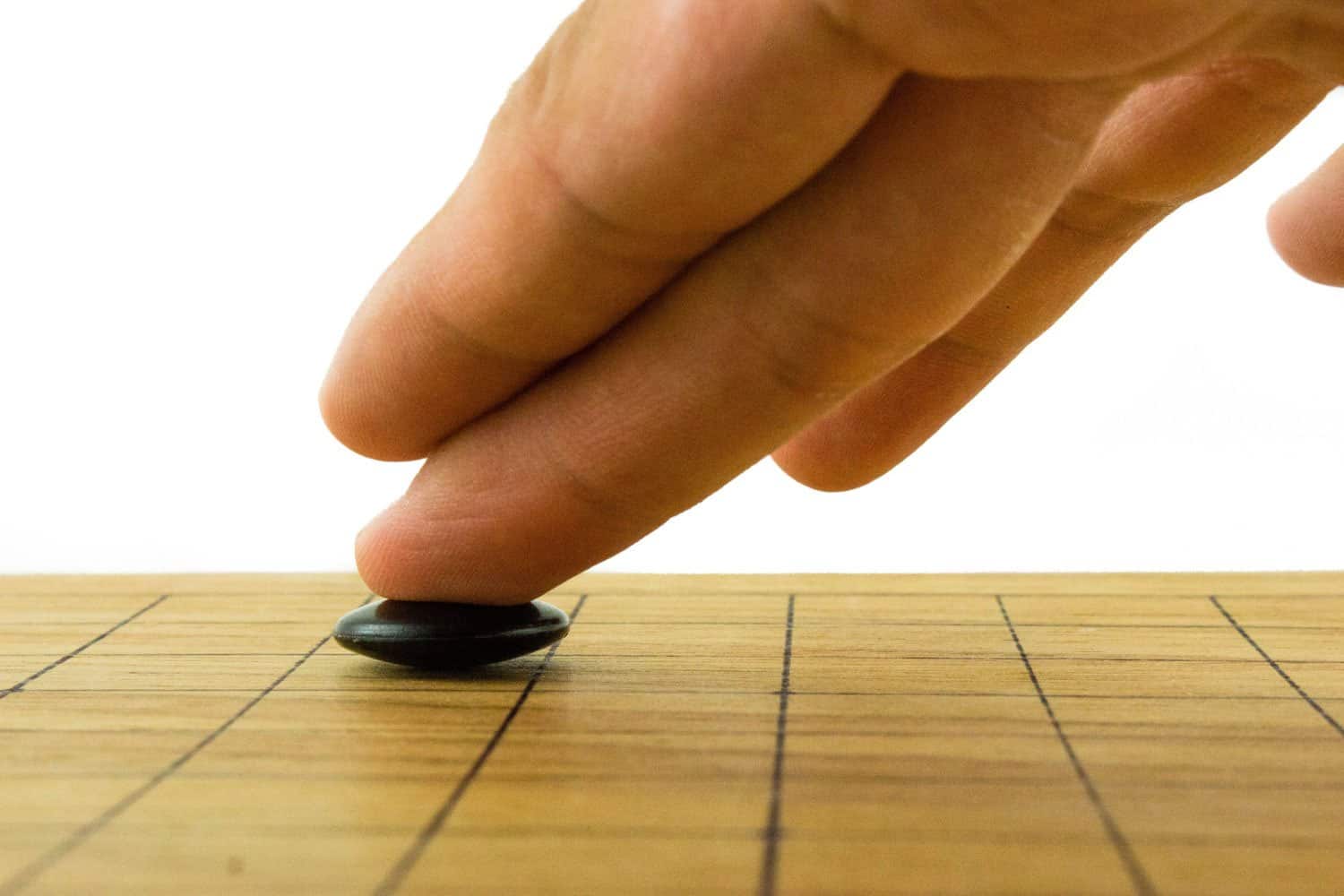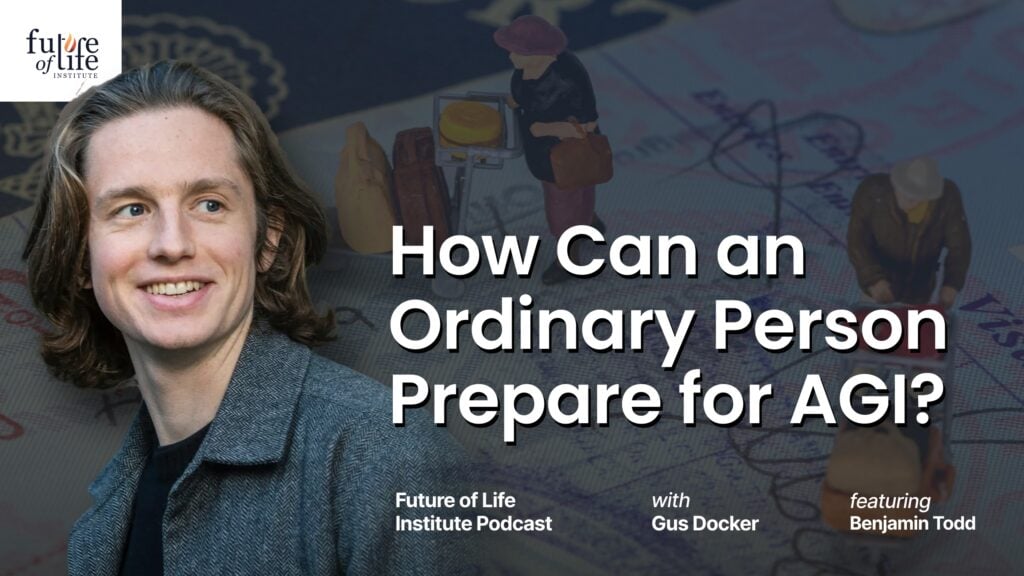The Human Dethroning Continues: AlphaGo Beats Go Champion Se-dol in First Match

Contents
March 10: AlphaGo again proved its prowess at the game of Go, beating world champion Lee Se-dol in game two of the five-game match up, which was aired live on YouTube. AlphaGo made some surprise moves during the game that many commentators suspected were errors, but which later turned out to give the program an advantage.
Speaking after the game, DeepMind founder Demis Hassabis said, “I think I’m a bit speechless actually. It was a really amazing game today, unbelievably exciting and incredibly tense … Quite surprising and quite beautiful moves, according to the commentators, which was pretty amazing to see.”
Lee Se-dol also expressed his awe of the program, saying, “Yesterday I was surprised, but today, more than that, I am quite speechless … From the very beginning of the game, there was not a moment in time that I felt that I was leading … Today, I really feel that AlphaGo had played a near perfect game.”
Michael Redmond, a 9-dan Go champion, has been the English-speaking commentator for the games. Yesterday, he expressed his hope that he would see more advanced moves from AlphaGo than what he saw in the October games against Fan Hui. After this second match, he said this was, in fact, “different from the games played in October.” He also added, “I was very, very impressed by the way AlphaGo did play some innovative and adventurous, dangerous looking moves, then actually made them work.”
When asked about DeepMind’s confidence in AlphaGo’s chances of winning as the game progressed, Hassabis explained, “AlphaGo has an estimate all the way through the game of how it thinks it’s doing. It’s not always correct though, of course.” While AlphaGo was showing confidence around the middle of the game, the commentators were much less certain about the program’s actions, and “the team wasn’t very confident.” However, he added, “AlphaGo seemed to know what was happening.”
Lee Se-dol chuckled at the question about AlphaGo’s weaknesses, saying, “Well, I guess I lost the game because I wasn’t able to find out what the weakness is.” Though Hassabis expressed hope that games like these with people as talented as Se-dol would help expose weaknesses.
Se-dol ended the conference saying, “The third game is not going to be easy for me, but I am going to exert my best efforts so I can win.”
March 9: Over 1.2 million people have already tuned in to YouTube to see DeepMind’s AlphaGo beat world champion Lee Se-dol in their first of five Go matches. AI is growing stronger, but at the end of 2015, most AI experts had anticipated it would be at least a decade before a computer program could tackle the game of Go. Most AI experts, that is, except those at DeepMind.
This particular game comes after DeepMind’s publication in January about AlphaGo’s triumph over the European champion, Fan Hui, in October of 2015. After mastering old Atari video games, DeepMind set its deep learning skills on Go, which is considered to be the most complex board game ever invented – there are more possible moves in Go than there are atoms in the universe.
Traditional search trees, which are often used in AI to consider all possible options, were not feasible for the game of Go, so AlphaGo was designed to combine advanced search trees and deep neural networks. The result was a program that bested a regional champion initially, and then continued to improve its skill for five months to successfully challenge (at least for game one) the world champion.
Se-dol initially claimed he didn’t believe AlphaGo would be ready to beat him by March, though he acknowledged the program would be able to beat him eventually. However, many news outlets reported that after he learned how the AlphaGo algorithms worked he grew more concerned, changing his original prediction of beating AlphaGo 5-0 to 4-1.
It was a close match throughout. Commentator Michael Redmond, also a 9-dan (highest level) Go champion, repeatedly mentioned how much more aggressively AlphaGo played in this match up as compared to the games in October against Fan Hui. Redmond was uncertain as to whether AlphaGo had improved its technique, or if the program changed its playing style to match its opponent.
By the end of this first match, the Go community was in shock:
“A computer has just beaten a 9-dan professional,” said stunned commentator Chris Garlock
“It’s happened once, it’s probably going to happen again now,” responded Redmond
The AI community was equally impressed. In an article in January about AlphaGo’s first success, Bart Selman, Francesca Rossi, and Stuart Russell all weighed in on what this meant for AI progress. We followed up with them again to get their input on what this new defeat by AlphaGo means for AI progress.
“AlphaGo’s win in its first game against Lee Sedol is very impressive. The win suggests that progress in AI is clearly accelerating, especially given that AlphaGo is a clear demonstration of the power of combining advances in deep learning with more traditional AI techniques such as randomized game tree search,” said Selman.
Russell explained, “This provides further evidence that the core techniques of deep learning are surprisingly powerful. Perhaps even more impressive than the victory is the fact that AlphaGo’s ability to evaluate board positions means that it’s better than all previous programs *even with search turned off*, i.e., when it’s not looking ahead at all. I would also imagine that there are much greater improvements yet to be found in its ability to direct its search process to get the best decision from the least amount of work.”
Rossi is also interested to see how programs like AlphaGo will work with the public in the future, rather than in competition. She explained, “It is certainly very exciting to follow the series of matches between AlphaGo and Lee Sedol. No matter who will win at the end of the 5 match series, this is an occasion for deep and fruitful discussion on innovative AI techniques, as well as on where AI should focus its efforts. Life is certainly more complex than Go, as my IBM Watson colleagues know from the work they are already doing in healthcare, education and other areas of great importance to society. I hope that the techniques used by AlphaGo to master this game eventually can be useful also to solve real life scenarios, where the key will be cooperation, rather than competition, between humans and intelligent machines.”
At the start of the game, Redmond pointed out:
“It’d be interesting to see if some computer program might come up with something different … I’m really interested to see a computer program, which will eventually not be influenced so much by humans, and could come up with something that’s brand new.”
Perhaps that’s next?
We’ll continue to update this article to cover the games, each of which can be viewed live on YouTube at 04:00 GMT (11:00 PM EST).
About the Future of Life Institute
The Future of Life Institute (FLI) is a global think tank with a team of 20+ full-time staff operating across the US and Europe. FLI has been working to steer the development of transformative technologies towards benefitting life and away from extreme large-scale risks since its founding in 2014. Find out more about our mission or explore our work.
Related content
Other posts about AI

The U.S. Public Wants Regulation (or Prohibition) of Expert‑Level and Superhuman AI



